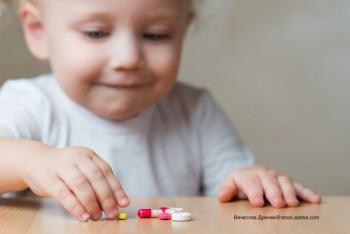
A new study indicates that pediatric exposures to prescription medications are just as often the result of adults removing pills from original containers as improper use or failure of child-resistant packaging.

A new study indicates that pediatric exposures to prescription medications are just as often the result of adults removing pills from original containers as improper use or failure of child-resistant packaging.

Although the majority of patients with cystic fibrosis (CF) will be managed by specialty care, the primary care provider is often the first line of contact for many routine concerns. When encountering a patient with CF in the primary setting, there are extrapulmonary symptoms that must be considered in patients, which includes gastrointestinal symptoms.

A program at a hospital in New York City looked at how adding a pediatric observation unit to the existing pediatric emergency department helped improve patient outcomes and patient satisfaction.
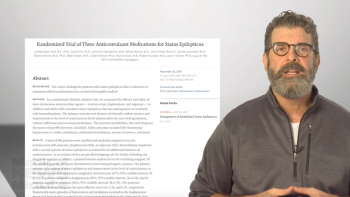
For Contemporary Pediatrics, Dr Bobby Lazzara discusses a randomized, blinded adaptive trial that looked at the efficacy of 3 intravenous anticonvulsant agents used to treat children with status epilepticus.
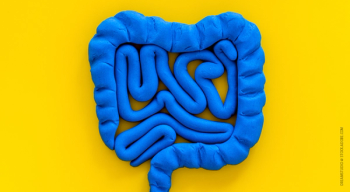
Significant improvements in cystic fibrosis (CF) care have focused primarily on the pulmonary system, but addressing the gastrointestinal complications of CF presents a major opportunity for improvement in disease management.

Following a unanimous vote by the Advisory Committee on Immunization Practices, a hexavalent vaccine with diphtheria and tetanus toxoids and acellular pertussis adsorbed, inactivated poliovirus, Haemophilus influenzae type b conjugate (meningococcal protein conjugate), and hepatitis B (HepB) (recombinant) has been included in the federal Vaccines for Children program.

Every pediatrician will face the issue of impaired parents and caregivers at some point in their career. A recent report offers some advice on handling those situations.

Guidance abounds for how much screen time children should have and when they first should be given access. However, a new study indicates that parental stressors can have an impact on when and how much very young children are exposed to media and screens.
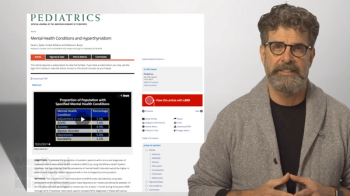
For Contemporary Pediatrics, Dr Bobby Lazzara discusses a large cohort study using a military health system database that examined the concurrent diagnosis of hyperthyroidism and mental illness.

Treatments for cystic fibrosis are evolving. Here’s a look at new CFTR modulator therapies including the most recent approval-elexacaftor/tezacaftor/ivacaftor (Trikafta).
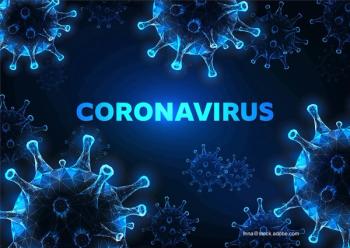
Dominating health news for the past month, the novel coronavirus COVID-19 may have parents panicked that their child has the disease or worried about upcoming travel plans. Here’s the latest on the epidemic.
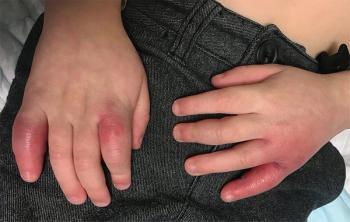
A 4-year-old boy presents for evaluation with painful swollen fingers on both hands that erupted after he made a snowman with his siblings following a snowstorm. He complains that they are itchy and painful. What's the diagnosis?

Burns are a common injury in childhood, and parents have a number of folk remedies available to use to treat them. A new study confirms that cool running water is still the best treatment.
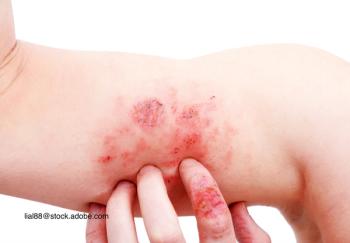
Postpartum depression has a number of profound effects. A new study indicates that postpartum depression could increase the risk of atopic dermatitis, especially at ages 5 and 9 years.

A study of hemoglobin A1c (HbA1c) levels that compared levels in normal-weight and obese middle schoolers found that overall distribution of HbA1c was similar in the 2 groups and that the adult-defined cutoff was seen in 2% of normal-weight youth.

Newborn infants with tongue-tie (ankyloglossia) are more likely to have severe breastfeeding problems than infants without the condition, according to an observational study carried out in Germany in newborn mother-infant pairs.
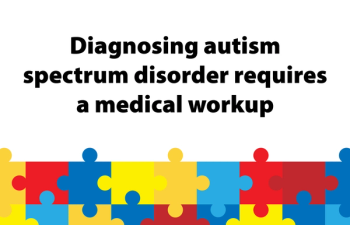
Assessing and diagnosing a child for autism spectrum disorder requires a medical workup that covers 4 key areas.

It’s a source of worry and a potential reason for adolescent girls to forego needed gynecologic care: the pelvic exam. A recent study in JAMA Internal Medicine looked at just how many unnecessary exams are performed on teenagers and young women who don’t need them.

Winter weather is getting children out on the rink to play ice hockey, which unfortunately carries a risk of concussion. A new study looks at mouth guards and whether they can reduce the risk of concussive head injury.

Peanut allergies often elicit frightening reactions in children. The new drug Palforzia, just approved by the US Food and Drug Administration (FDA), can reduce the risk of a child having that potentially life-threatening reaction.

Children who received virtual reality (VR) education before undergoing chest radiography showed lower levels of stress during the procedure than their peers who did not receive the VR exposure, a randomized trial in 99 children found.
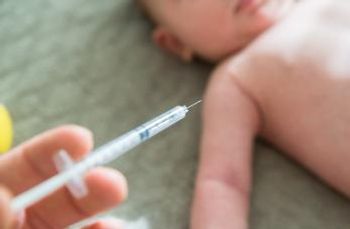
Group B meningitis poses a serious health risk to children, but the disease is vaccine preventable. A recent study evaluated the efficacy of vaccination with the multicomponent meningococcal group B (4CMenB) vaccine in young children with positive results.

As more states legalize marijuana and the variety of products containing cannabis proliferates, the question becomes whether this will impact adolescent use of the drug and possibly lead to persistent use of cannabis. A new study in JAMA Network Open looked at how experimental use of 5 different cannabis products impacted progression of use.
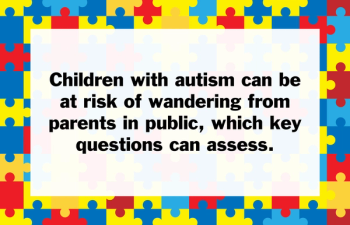
Children with autism spectrum disorder are at risk of wandering or elopement. Asking parents some key questions about how their child’s communication skills and how the child acts in public areas can help keep the child safe. Here are 14 questions that can help keep these children safe.
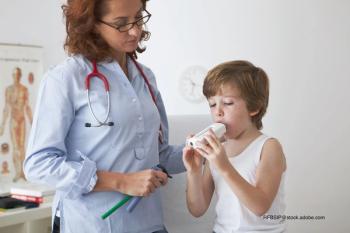
A recent study looking at bronchodilator response has potential, but it could prove difficult to perform in most primary care settings.

The health crisis precipitated by vaping bloomed in 2019. A new study in JAMA Pediatrics looked at how e-cigarette use, and specifically JUUL-brand use, changed trends.

I believe that professional practitioners survey results/research, and especially comparative survey results, offer professionals and professional organizations opportunities to make impactful change, and, in this case, changes that can improve health care delivery for infants, children, adolescents, and their families.

It seems to be a logical conclusion: Weight loss in severely obese teenagers will result in better mental health outcomes in addition to the more obvious health benefits. However, a new Swedish study indicates that this may not be the case.

For families living in poverty, diaper banks can help keep their children clean and dry. Pediatricians could do more to assess their unmet need and step up referrals to these community resources.

The typical day in Pediatrics is a busy one and the pressure to see as many patients as possible is felt by many. However, a new study published in JAMA Pediatrics indicates that more and more children aren’t being seen by a pediatrician for problem visits.